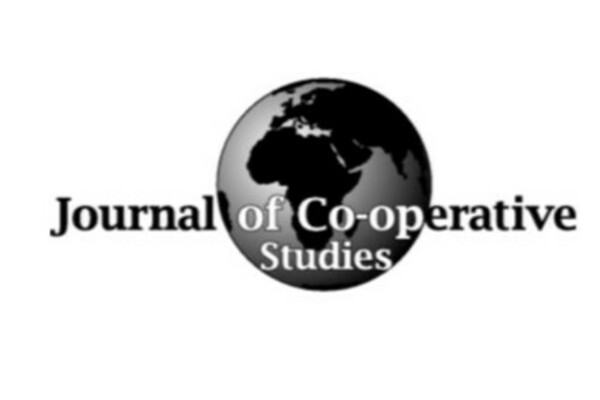Journal of Co-operative Studies, Vol 35 No 3
Winter (Dec) 2002

Ian Pyper, pp. 145-146
Protecting public and community assets
Cliff Mills, pp. 147-159
Collecting co-operative archives: The South East experience
Peter Collier, pp. 160-166
Iselin Theien, pp. 167-182
Using social accounting to show the value added of co-operatives: The expanded value added statement
Laurie Mook, Betty Jane Richmond and Jack Quarter, pp. 183-204